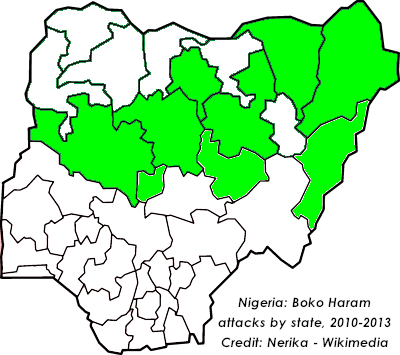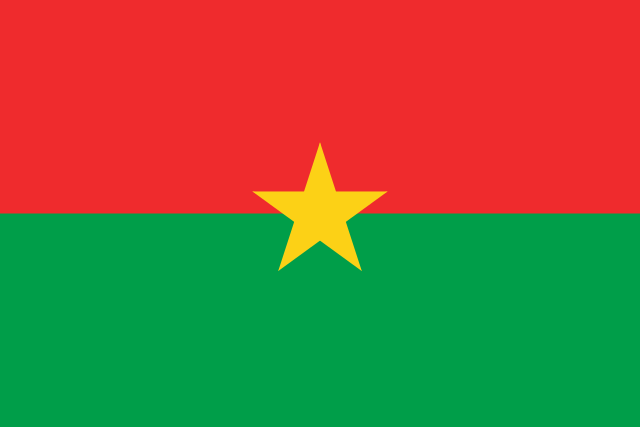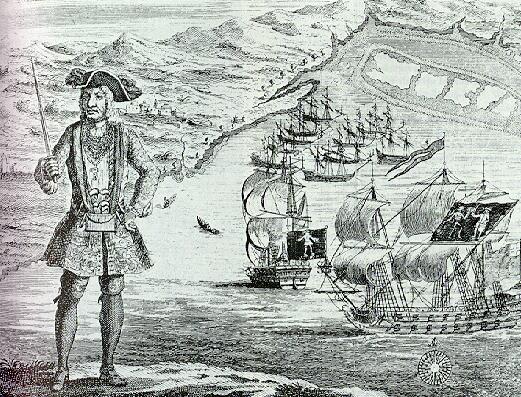BBC Africa today:
Nigerian security forces have fired tear gas inside parliament, just before a crucial debate on security in the conflict-ridden north-east.
Reports say the police were trying to stop House of Representatives speaker Aminu Tambuwal from entering. Mr Tambuwal defected to the opposition [APC party] from the ruling PDP last month. His former colleagues have since argued he should be stripped of his speaker role.
(Police denied using tear gas, but the photos I saw clearly showed some type of gas or smoke canister had been used.)
Recently, Speaker Tambuwal briefly threw his hat in the ring for the next presidential election before dropping out earlier this week to run instead for Governor of the far-northwestern Sokoto State and clear the field for a single APC presidential candidate. He had adjourned his chamber following his defection to the opposition, to avoid being ousted from the speakership by the ruling PDP, which I think has now been narrowly surpassed in the chamber by the opposition APC. The House had only been called back into session today for a special vote.
In addition to the deployment of tear gas, there was an extended confrontation between security forces and the Speaker (along with his followers), according to the Premium Times of Nigeria:
Mr. Tambuwal had earlier managed to drive through the first gate of the complex before his convoy was stopped at the second gate.
After several minutes, Mr. Tambuwal was later allowed in after he abandoned his car and escort vehicles at the gate.
Other lawmakers, mainly from the All Progressives Congress, APC, were also stopped from driving through the second gate.
At least 15 APC lawmakers scaled the assembly fence to access the building, our correspondent at the assembly said.
Mr. Tambuwal was later stopped at the third gate, and was finally allowed in after a prolonged argument with security operatives.
Witnesses say lawmakers came out of the assembly, overpowered the security, and damaged the third gate to allow the speaker in.
Eventually, the Speaker and his supporters made it inside anyway, but reportedly (Daily Post of Nigeria) no vote was held in the chamber on the key measure.
The BBC again, to explain the significance:
Parliamentarians were due to debate a presidential bill seeking the extension of the state of emergency in three states hardest hit by the militant group Boko Haram. BBC Hausa editor Mansur Liman says many opposition MPs opposed the extension of the state of emergency because they say it has failed to bring an end to the insurgency.
The National Assembly has been closed until Tuesday in response to the events today. The Senate failed to pass an extension as well, suggesting it may not pass at all.

Map of Nigerian states attacked by Boko Haram from 2010-2013. An ongoing state of emergency exists across three northern states. (Credit: Nerika – Wikimedia)




